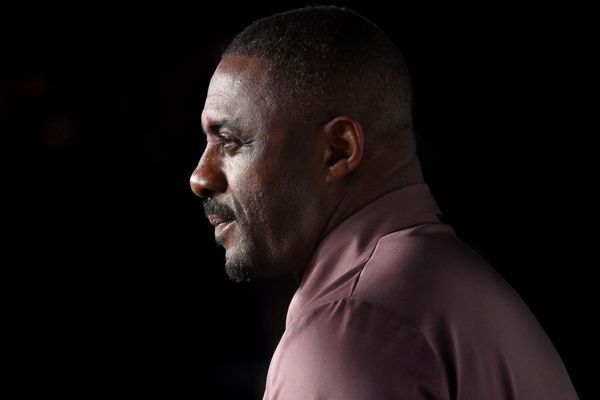
My husband wants to separate but I don’t; what can I do? We have two small children, one with additional needs. I’m scared about how this will affect them. I feel my husband is deeply depressed and I worry that he is making a decision he will come to regret.
Since he has explained his need to separate from me, he has stopped drinking heavily and has started to meet with friends again, which I am really pleased about. He explains that he needs to find himself again outside the role of father and provider. I would like to support him in this within our partnership. I regret how I allowed him to drift from me and how little I challenged his drinking and self-isolation. He refuses therapy of all kinds. Is there anything I can do to help the children and him? Can I save this?
Eleanor says: First off, I’m so sorry to hear your husband has dropped this on you. The whole point of a marriage is that, when you join together, you no longer look at the world and your decisions through the lens of an individual out for themselves. You take on a shared perspective. One of the scariest betrayals that can happen to you, once you’ve pivoted to that perspective, is having your partner switch back. You’re left holding the upshot of decisions you made when you were still thinking like half of a team.
I think it could be worth separating out two questions. One is whether the collective can be saved. The other is how you can protect the individual you are, whatever happens to that collective.
Can the collective be saved? Perhaps, but not without his help. It sounds like your husband has been going through a lot. Depression (if you’re right about that), drinking, feeling pigeonholed into familial roles. It sounds as if he may be struggling with something that ambushes many of us, namely how to give enough of ourselves to others so we’re good spouses or parents, without giving so much that there’s none of us as individuals left. I think it can be especially hard for men to process these feelings under the yoke of ideas about masculinity and emotion – you said he refuses therapy of any kind, which (I know you know) makes about as much sense as refusing to see a mechanic.
Unfortunately, if attachment to others is starting to feel like a cage, processing that feeling with others is likely to create more claustrophobia. A whole lot of people sever connections because that’s the only path they see out of feeling consumed by responsibility.
But listen, you can’t make him want to change that. This is an absolutely hard and fast rule: you cannot induce people to feel things that they do not currently feel.
You may be right that he will come to regret this, but you cannot make him know that either. Some knowledge you just have to acquire first-hand – the affair partner won’t reinvent you, the sports car won’t make you younger, the bachelor pad will feel lonely and empty – sometimes the only way to learn these things is to have the scales fall from your own eyes.
That doesn’t mean you shouldn’t fight for the collective. But it might affect your approach. You might prioritise strategies that retain your dignity and clarity, rather than chasing his approval. You could say what you’ve said to me here. You could insist on therapy together, for your children’s sake. Sometimes in the candour of a relationship’s postmortem we find ourselves able to fully show up in a way that we didn’t during the relationship; you might be able to do that before it’s a postmortem.
But one of the worst experiences you can subject yourself to is contorting yourself to try to keep someone who is telling you they no longer cherish you. It doesn’t guarantee anything about how they’ll react. But it does guarantee how you’ll feel: small, powerless, debased.
If you cannot salvage the relationship, you can at least save your relationship with yourself. It will be a terrible grief if your husband goes ahead with this separation, but far better to lose his esteem than your own.
***
Ask us a question
Do you have a conflict, crossroads or dilemma you need help with? Eleanor Gordon-Smith will help you think through life’s questions and puzzles, big and small. Your questions will be kept anonymous.
If you’re having trouble using the form, click here. Read terms of service here










